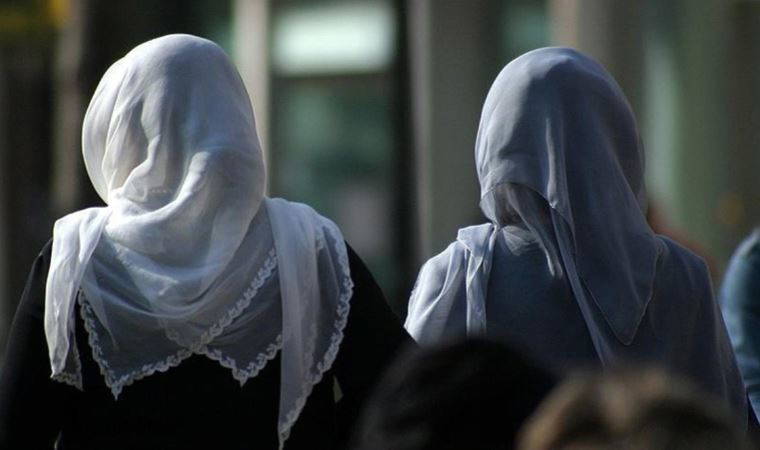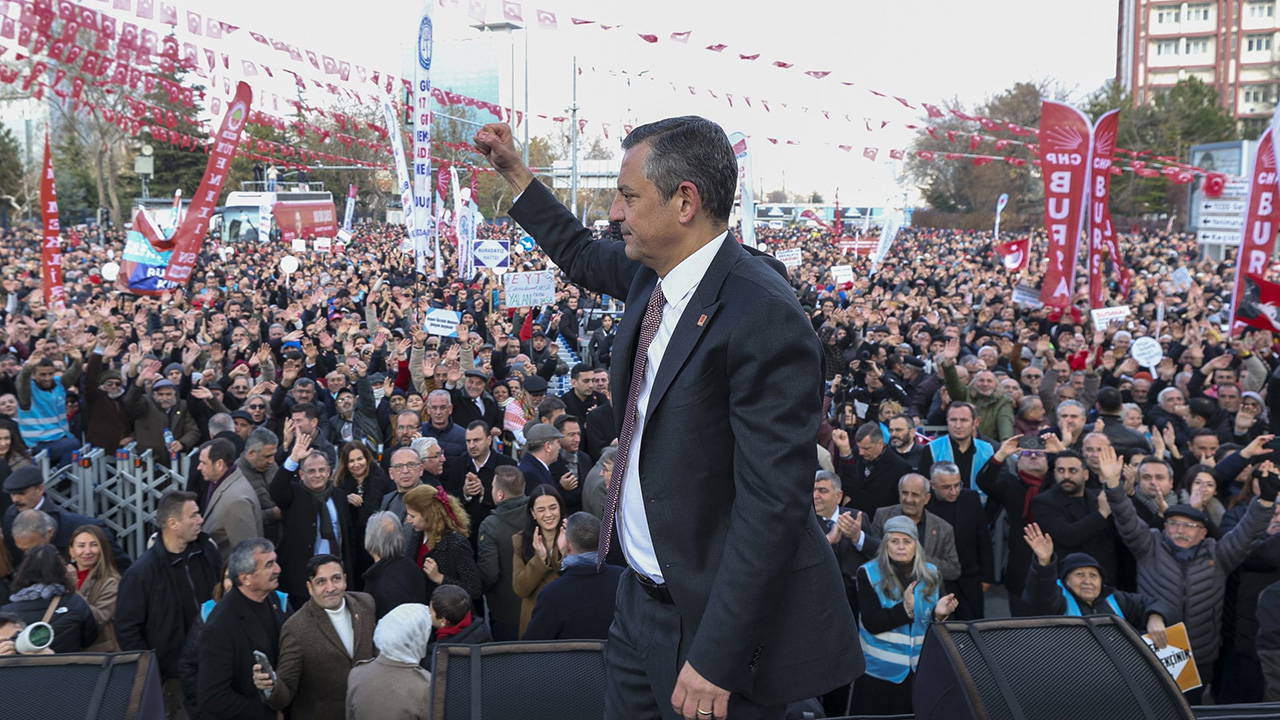UN experts warned on Friday that the repressive implementation of Iran's hijab rules, as outlined by the state authorities, will result in further restrictions on girls and women.
"It is deeply worrying that after months of nationwide protests, including against restrictive hijab laws, and following the death of 22-year-old Mahsa Amini in the custody of the morality police, Iranian women are increasingly facing harsh and coercive measures by State authorities," they said.
The experts stressed Iran's mandatory veiling laws allow security and administrative authorities to arbitrarily detain and arrest women and prevent them from entering public institutions like hospitals, schools, government buildings, and airports if they do not cover their hair.
"These additional repressive measures would further exacerbate the negative impact of the compulsory hijab laws. Criminalising refusal to wear the hijab is a violation of the right to freedom of expression of women and girls and opens the door to a range of other possible violations of political, civil, cultural and economic rights," they said.
Women seen in public without a veil could be sentenced to between 10 days and two months in prison or a fine, they recalled, adding that the law applies to girls as young as 9.
In practice, the authorities have imposed compulsory veiling on girls from the age of seven at the start of elementary school.
"The discriminatory and degrading measures allow judicial authorities to detain women and girls who do not comply with the hijab rules in order to force them to sign a written document stating that they will not repeat the 'offence'," the experts said.
They emphasized that women who refuse to sign such a document, or who generally refuse to comply with the mandatory veiling after signing the written document, may be subject to a variety of "punishments" such as being under surveillance for six months, having their ability to travel abroad restricted for up to a year, and being barred from holding positions in government or the public.
The Iranian Education Ministry has also said that students who do not adhere to the requirements of "chastity and hijab" will not receive educational services, compromising their fundamental right to education.
The UN experts urged Iranian authorities to change the Constitution, repeal current laws that discriminate against women, and abolish all rules that regulate how women should dress or behave in public or private.















